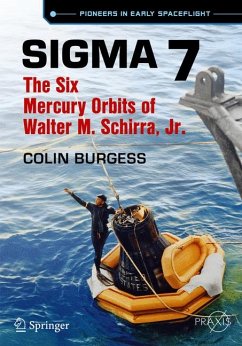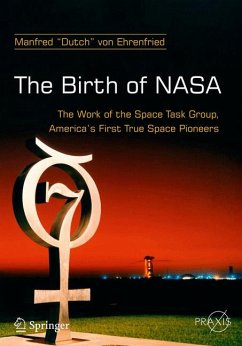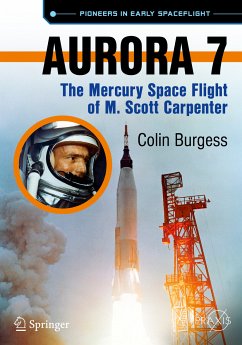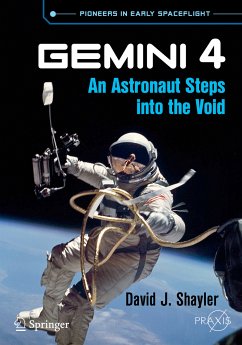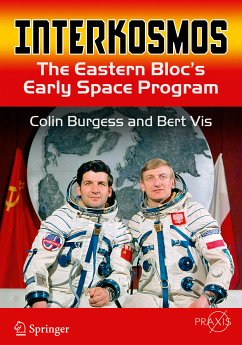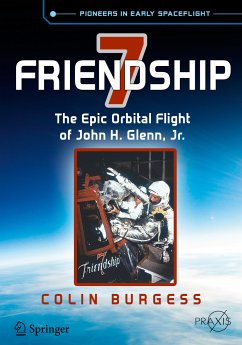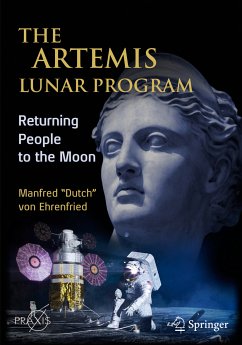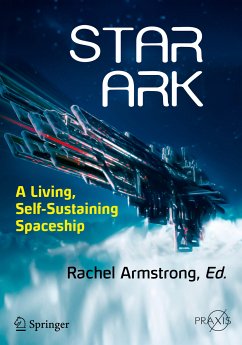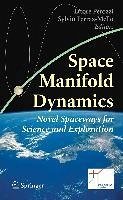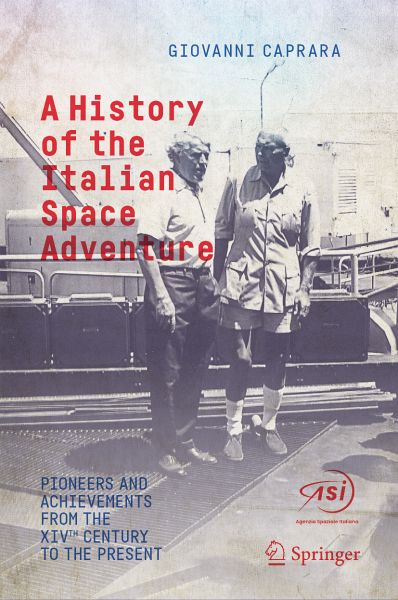
A History of the Italian Space Adventure (eBook, PDF)
Pioneers and Achievements from the XIVth Century to the Present
Versandkostenfrei!
Sofort per Download lieferbar
40,95 €
inkl. MwSt.
Weitere Ausgaben:

PAYBACK Punkte
20 °P sammeln!
This well-documented and fascinating book tells how, over the centuries, a series of visionaries, scientists, technologists, and politicians fostered the involvement of Italy in space exploration. The lives of these pioneers was often far from easy, yet they persevered. The fruits of their efforts can today be witnessed in Italy's success within the cutting-edge space sector. Italy's history in space started at the end of the fourteenth century and continued with the development of fireworks. Later, the nineteenth century marked the beginning of research into rockets in a more scientific way. ...
This well-documented and fascinating book tells how, over the centuries, a series of visionaries, scientists, technologists, and politicians fostered the involvement of Italy in space exploration. The lives of these pioneers was often far from easy, yet they persevered. The fruits of their efforts can today be witnessed in Italy's success within the cutting-edge space sector. Italy's history in space started at the end of the fourteenth century and continued with the development of fireworks. Later, the nineteenth century marked the beginning of research into rockets in a more scientific way. After World War II, rocket technology was advanced with the aid of German scientists, and in the 1960s Luigi Broglio, the father of Italian space exploration, designed the San Marco satellite. In 1979 the first Italian Space Plan was launched, but it was the foundation of the Italian Space Agency in 1988 that kick-started a program of exploration in various fields of cosmic research. The outcome was construction of the Vega launcher and collaboration in the International Space Station. Now the Italian space industry stands ready to play an important role in the Gateway orbital station. All of this history, and more, is explored in this riveting book.
Dieser Download kann aus rechtlichen Gründen nur mit Rechnungsadresse in A, B, BG, CY, CZ, D, DK, EW, E, FIN, F, GR, HR, H, IRL, I, LT, L, LR, M, NL, PL, P, R, S, SLO, SK ausgeliefert werden.



